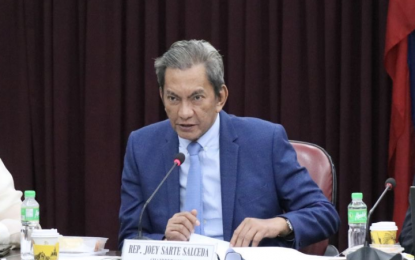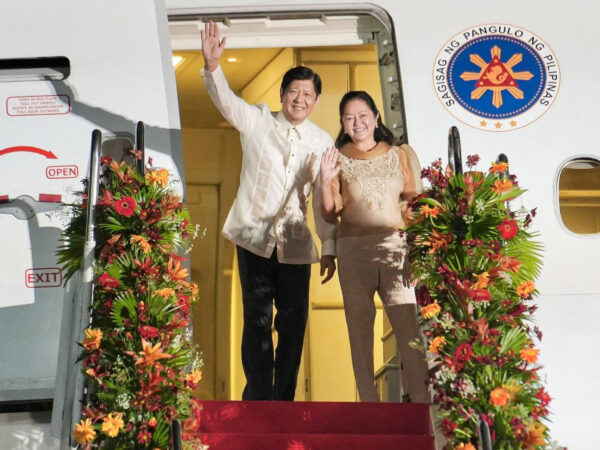MANILA – The House of Representatives Ways and Means Committee on Tuesday approved a bill that would amend the Corporate Recovery and Tax Incentives for Enterprises (CREATE) Act to enhance the country’s tax incentives system.
During the hearing, the House committee approved the proposed amendments for Reinvigorating the Economy (CREATE MORE) bill, which seeks to expand the enhanced deduction regime.
The unnumbered substitute bill states that the income tax rates will be 20 percent for domestic and resident foreign corporations elected to be under the enhanced deductions regime provided in Section 294(C) of the bill.
Those elected under the enhanced deductions regime shall enjoy a depreciation allowance of the assets acquired for the entity’s production of goods and services (qualified capital expenditure), including an additional 10 percent for buildings and an additional 20 percent for machinery and equipment; 50 percent additional deduction on the labor expense incurred in the taxable year; 100 percent additional deduction on research and development expense, as well as training expense incurred in the taxable year; and 50 percent additional deduction on domestic input expense incurred in the taxable year.
The bill also proposes a 50 percent additional deduction for power expenses, and a 100 percent additional deduction on expenses relating to approved trade fairs, exhibitions, and missions.
The bill likewise covers the establishment of a streamlined tax refund system for registered business enterprises (RBEs) and the institutionalization of a risk-based classification of claims and audit framework. This is to improve the timeliness, efficiency, and predictability of the VAT refund process.
Committee chair Joey Salceda said the Philippines should prepare for the consequences of the imposition of the Global Minimum Corporate Tax, which may require multinationals currently in the Philippines to pay a top-up tax in their countries of origin.
“We need to prepare for when countries accede to this regime,” Salceda said.
The global minimum tax is under the Organisation for Economic Co-operation and Development (OECD) Inclusive Framework on Base Erosion and Profit Shifting (BEPS).
The framework introduces a 15 percent global tax for multinational companies with at least 750 million euros in revenue.
“Major Philippine trade partners like Japan and Korea have already approved their legislation on the matter. So, it will already definitely affect us,” he said. “Among all ASEAN-6 economies, only the Philippines has not made significant progress in implementing the rules. But it will come. And when it does, it could affect our tax incentives system.”
Salceda said the proposed amendments to the CREATE Law should consider how to evolve a tax incentive regime that complies with the global minimum tax but still attracts foreign investors.
“I am personally thinking of a tax regime where we impose a 15 percent corporate income tax rate, plus enhanced deductions for 25 years,” he said.
Salceda invited the Department of Finance and other stakeholders to propose amendments to the CREATE Law that would make the country’s tax incentives compliant with the global minimum tax scheme and would consider these “enhancements” once the bill is deliberated at the plenary.
He, however, moved to approve the bill “so we make progress already on the issues already resolved.”
“For today, I beg the indulgence of the stakeholders that we approve a bill so that we have something to discuss in the House floor. The President has instructed us to get this done, and the leadership is trying to approve it by end of this month,” Salceda said. (PNA)




